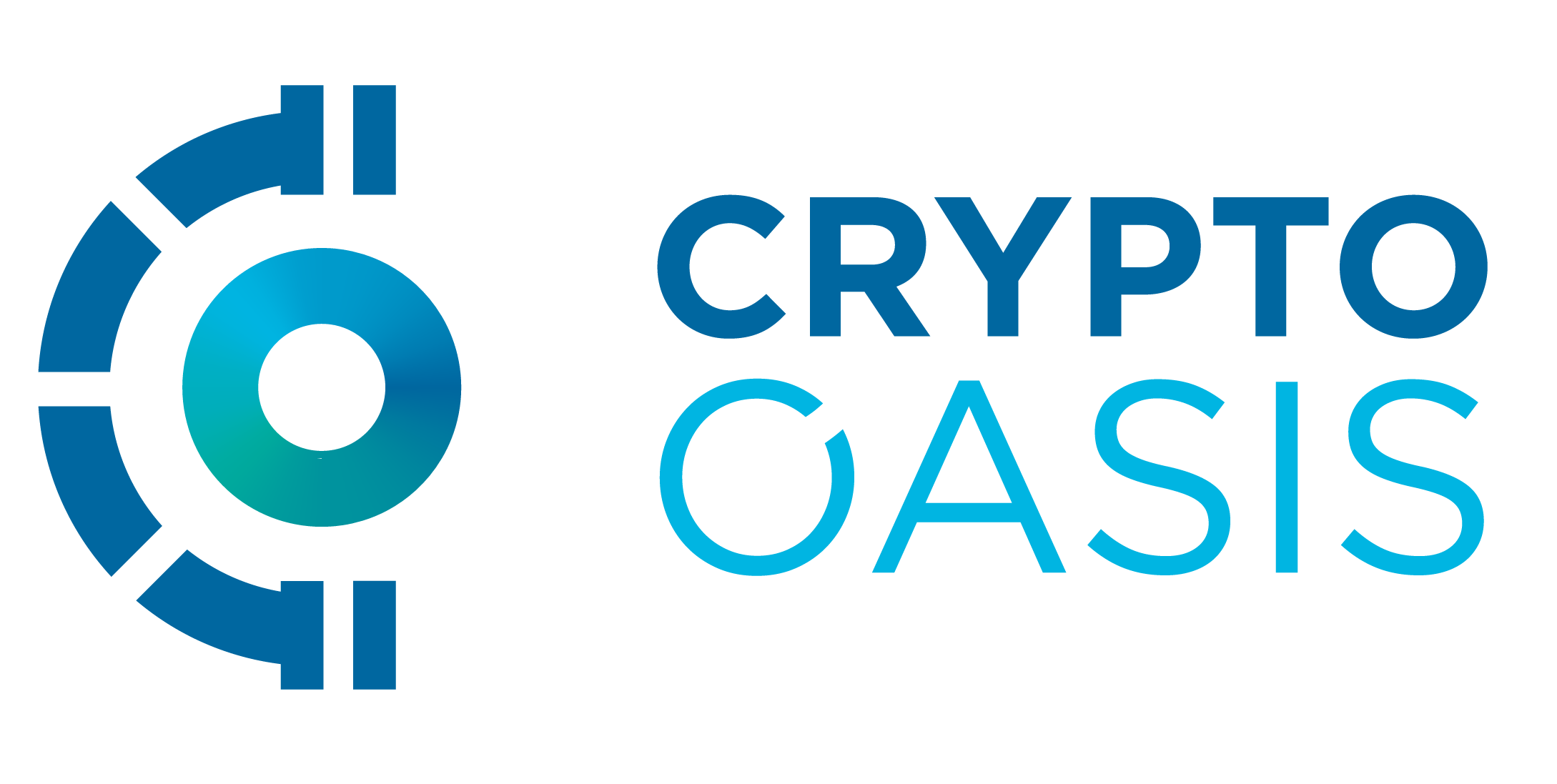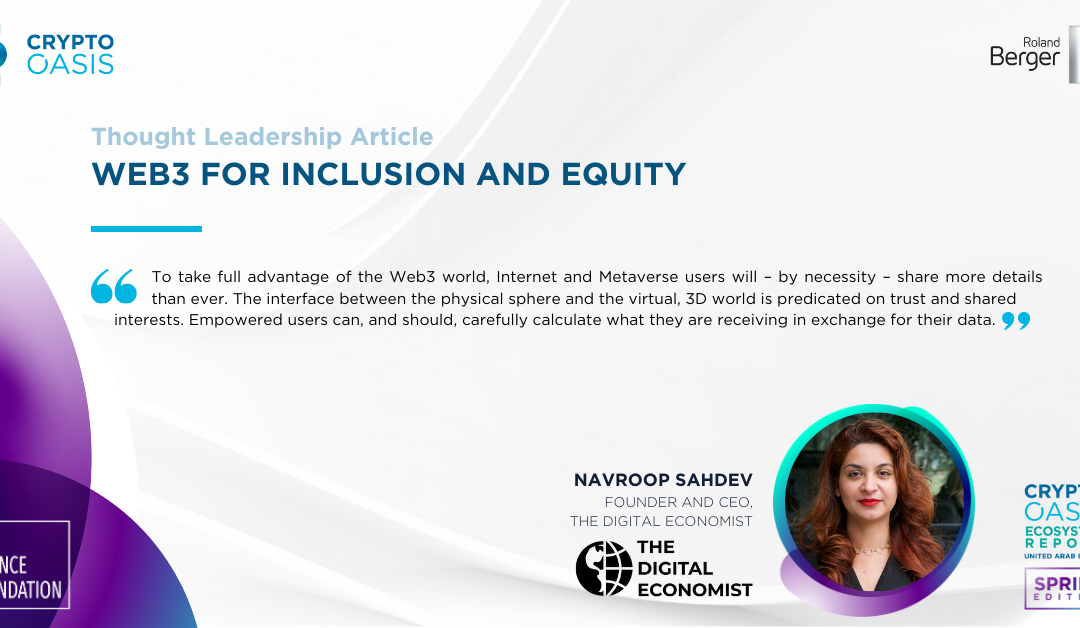Marshal McLuhan’s prophesied global village has become reality. We all benefit every day in countless ways from connectivity with our communities and easy availability of vast amounts of information. Tasks that required letters and errands are finished in a few clicks. What’s not to like about it? Well, for one thing: The simple fact that Internet users are supplying the most precious commodity of our age – data – and receiving nothing in exchange. But Web3 can change the exchange.
The first incarnation of the Internet was all about affording users access to content. Web2 has enabled greater interaction and participation. Web3 ushers in a world of possibilities for financial and social inclusion – but it won’t happen by itself.
Data Ownership
Web3, coined by Polkadot founder and Ethereum co-founder Gavin Wood in 2014, refers to a Decentralised online Ecosystem based on Blockchain. But what exactly does it mean? At its core, Web3 is about enabling users to take ownership of data and profit from their use.
Token issuance can be the No. 1 driver of the transition to data ownership. While Internet users currently hand over vast amounts of data in exchange for convenience alone (e.g. one-click buying), Web3 users could come to expect no less than fair and transparent compensation for the data they deliver.
This compensation can take many forms – not all of which are monetary – but tokenization is an essential element of any equitable solution. One important example is healthcare. Medical data enable better healthcare outcomes, a basic human right and UN Sustainable Development Goal No. 3. Through token issuance, users can choose to donate their data and/or sell them to commercial enterprises like big pharma players. Underserved populations can become more attractive to healthcare service providers on the basis of the huge data pools they offer.
Cui Bono?
People and organisations will always follow their best interests. This is a central tenet of economics and, in and of itself, nothing wrong – provided certain guardrails are in place. That’s why stakeholders must be incentivized to ensure that the positive effects of Web3 take shape. Decentralised governance works if – and only if – all players see greater individual profit in caring for the commons than in simply taking advantage of it with an attitude of “Après moi le deluge.”
To make this unsustainable stance obsolete, we must reach a critical mass of online service providers that offer users tangible compensation in form of tokens. Only then will exploitative business models become unviable, as users will naturally gravitate toward a good deal. Maintaining a sustainable commons of Web3 users/contributors supported by all stakeholders then becomes a common (self-) interest.
Give and Take
Whether offering up data on consumer behavior, healthcare or politics, each and every stakeholder within the network delivers value. In this sense, all play by the same rules and benefit mutually. As we move into the Metaverse era, with intensified interaction in areas like entertainment, service provision, healthcare and industrial maintenance, this socioeconomic accord becomes even more important.
To take full advantage of the Web3 world, Internet and Metaverse users will – by necessity – share more details than ever. The interface between the physical sphere and the virtual, 3D world is predicated on trust and shared interests. Empowered users can, and should, carefully calculate what they are receiving in exchange for their data.
As demonstrated by the browser Brave, this need not be complicated. While conventional browsers capture data and deliver advertisements, Brave blocks cookies and ads. And it offers users compensation for looking at promotional content. Users are free to sign on to the program, but can also use the browser without it. This could be a potential model for an inclusive and equitable Web3 world.
Moore to Come
As Moore’s Law tells us, data processing power doubles about every two years. Web3 and Metaverse evolve, we will see many different models emerge. Some will move the ball forward, some won’t. In any case, there’s no turning back. But does this mean the exploitative data regime of Web1 and Web2 is over? That remains to be seen.
A Web3 world that welcomes all stakeholders on an equal basis can power the greatest advantages of the technology. Service providers need to be incentivised to offer fair and equitable user experiences. Users need to understand which data they are supplying and why. As the cumulative mass of data increases, so do the benefits to all involved.
While tokenization is currently focused on areas like gaming and NFT issuance, we may not be far from the tipping point where it will become mainstream. This is a potential game-changer. With tokenized data ownership as the norm, Web3 users would have the additional option of trading among themselves in tokens. This would not only enable zero-cost, real-time transactions, but also facilitate financial participation to the many unbanked members of societies across Africa and Asia. The Web3 universe and Metaverse can then begin to deliver what Marshal McLuhan’s global village envisaged: inclusion and equity on a worldwide scale – no entry barriers.

